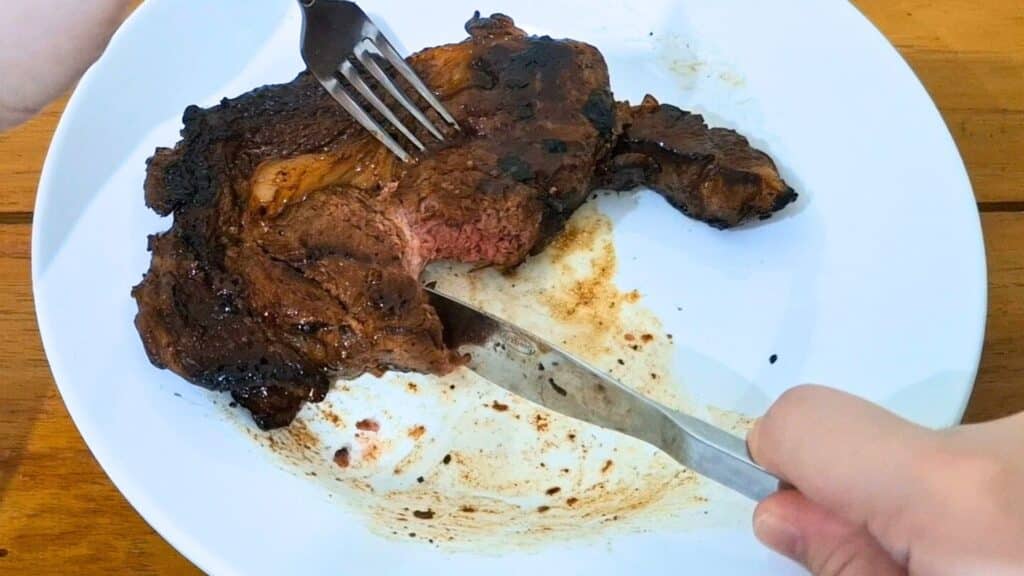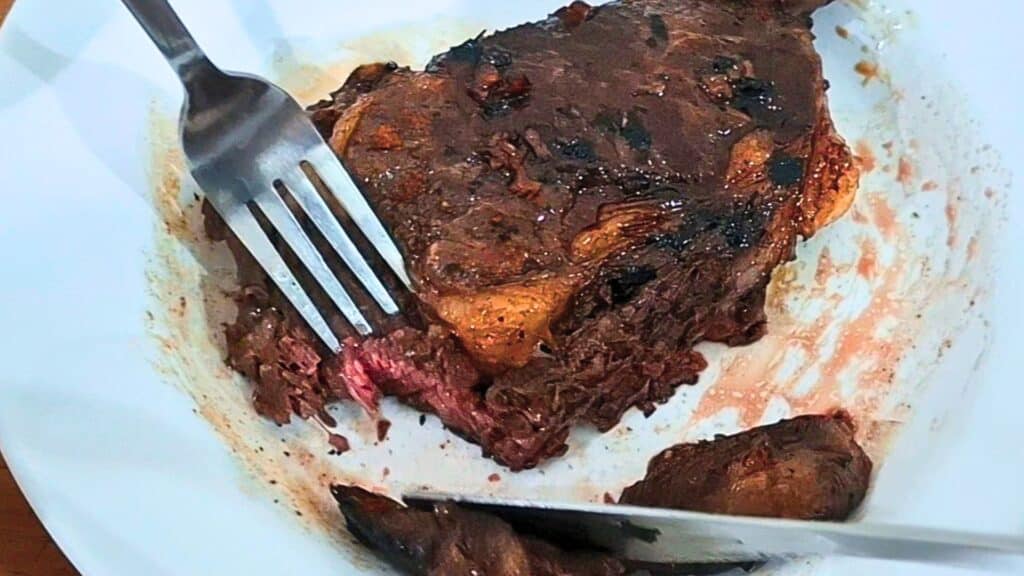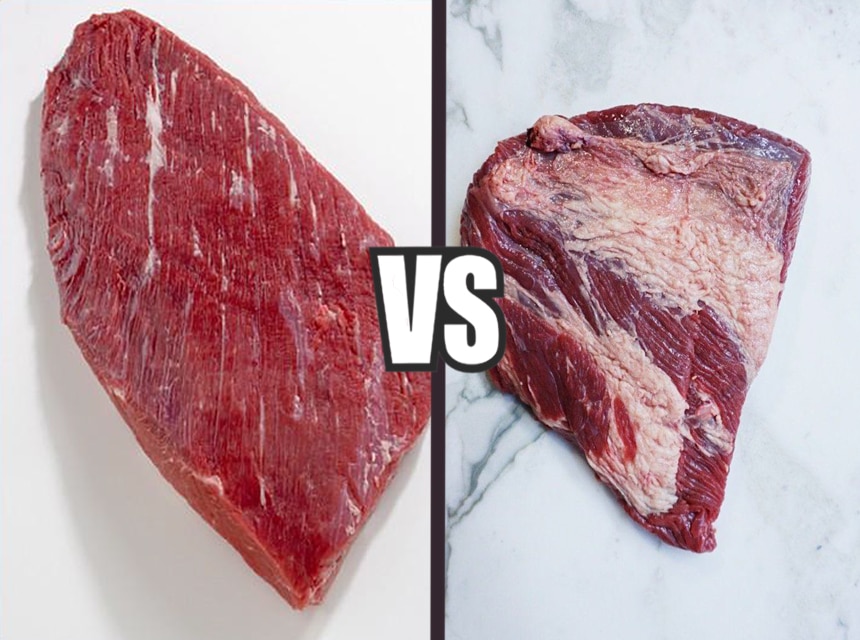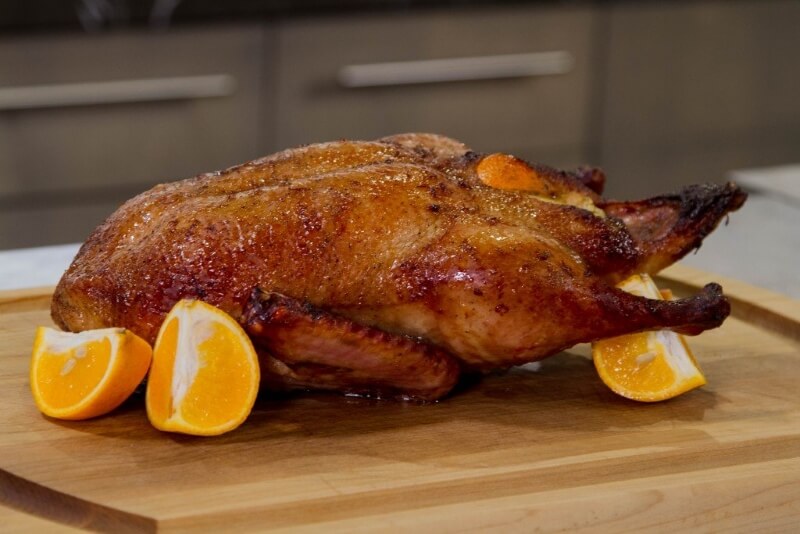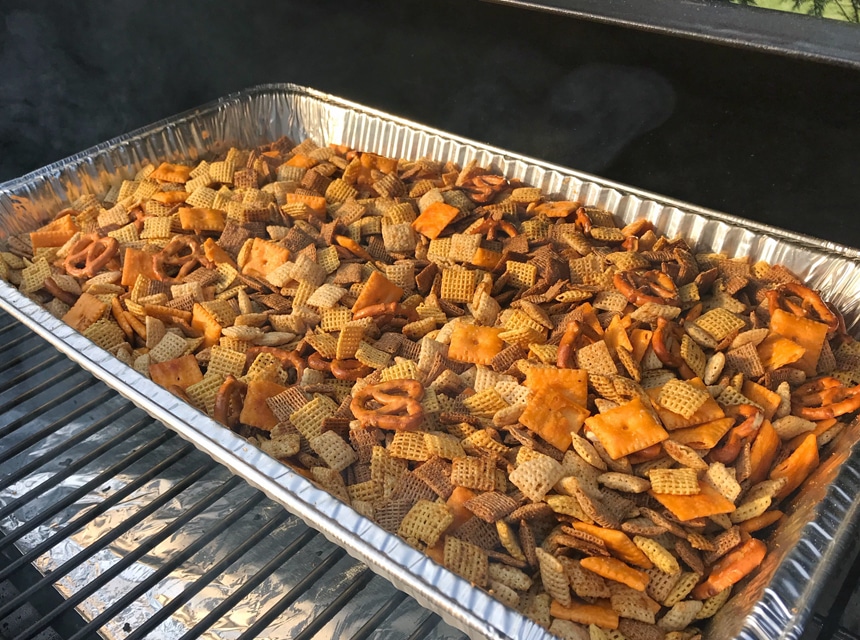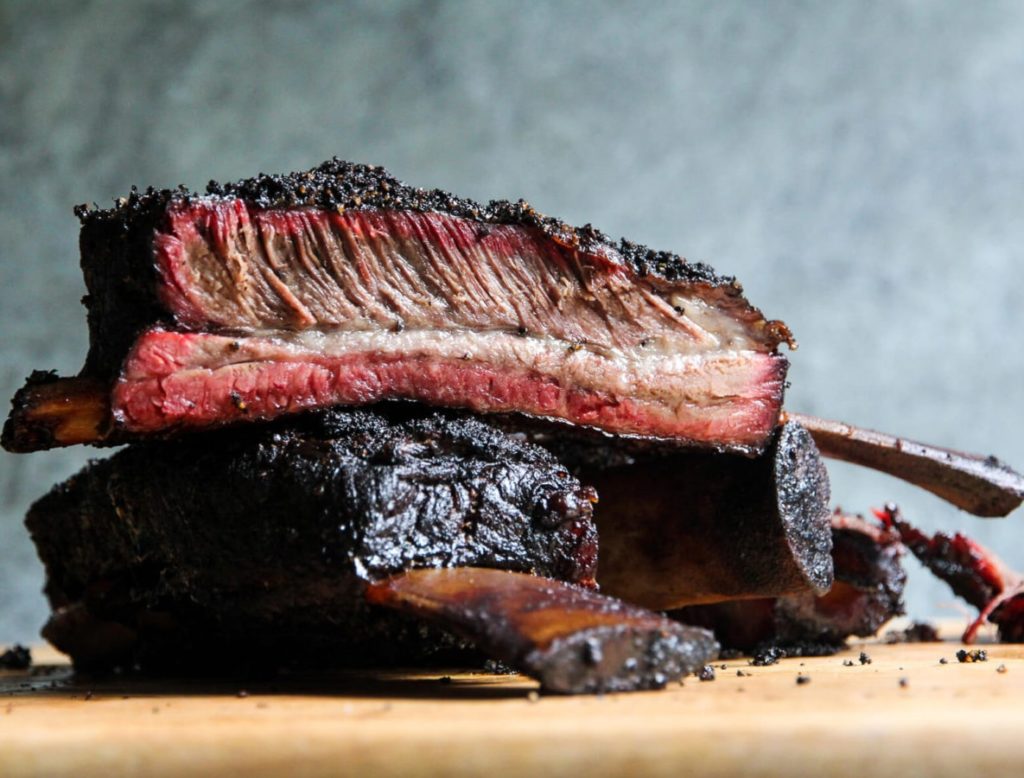
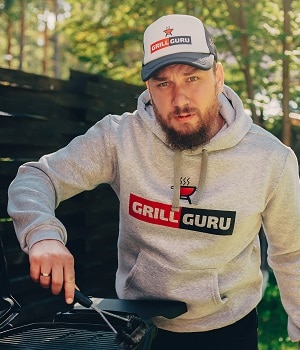
For those who love a little kitchen experimentation learning how to cold smoke, salmon can be one of the most rewarding experiences. That said, cold-smoked salmon recipes are a test of patience, and for some, the long wait may be enough to offset the desire to try cooking the meal. However, if you’re determined, we can tell you precisely what to do so you don’t make any mistakes.
Notably, cold-smoked salmon is a recipe that doesn’t use a lot of heat like most cooking recipes, so you mustn’t mess up. After all, it can be dangerous if cooked the wrong way. With that word of caution, here’s how to cold smoke salmon.
Of course, your recipe should start with choosing the right ingredients for the job. However, it might be tricky to figure out which of the salmon on display at the store is good enough. With salmon and most other types of fish, you can’t leave your selection to chance, so here’s what to look for.
You can pick a whole salmon if you’re confident in your filleting skills. If you do select the whole fish option, you’re ultimately going to fillet the fish, so you might wonder why you just can’t pick filleted salmon instead. This is because some stores sell fillet that matches their customer preferences.
For instance, if most buyers like it without the skin, then that’s what you’ll get. Nevertheless, the skin is vital for a homemade cold smoked salmon recipe. Studies and research by WebMD Trusted Source Health Benefits of Salmon Omega-3 fatty acids are one of the things that make salmon one of the healthiest foods you can put on your plate. Learn more about all the health benefits of salmon. www.webmd.com indicate the fish skin has several health benefits. However, the main reason why you need it is that it helps hold the meat together as you’re cold smoking the fish.
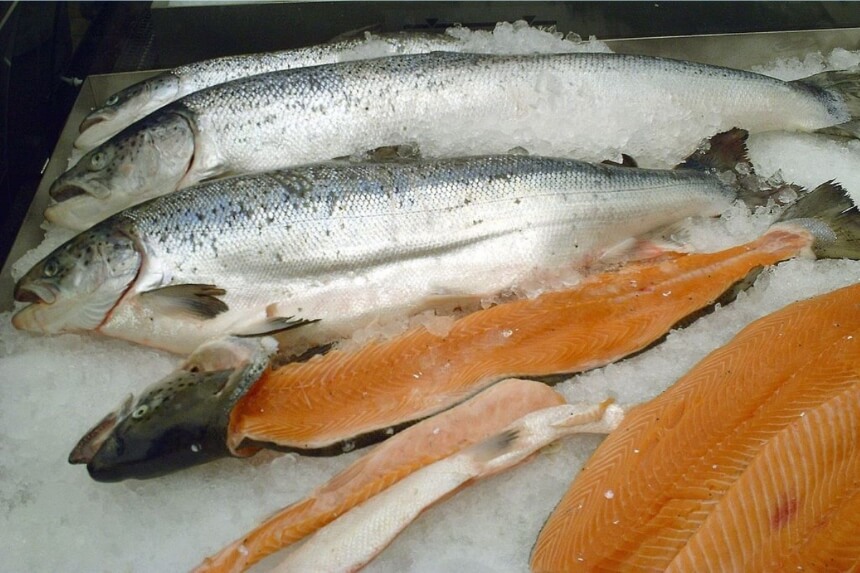
Next, examine the skin. Fresh salmon skin is shiny and slippery. Any other attributes on the skin apart from these two are a sign of trouble. Moreover, if you pick the fish up, it shouldn’t bend too easily. Solid or firm fish is the way to go.
Lastly, check the gills. Healthy, fresh salmon tends to have deep red gills.
If you can find a high-quality salmon fillet with the skin, then all the better since you’ll reduce your workload. According to reviewers, the Coho Salmon Whole Fillet is one of the highest-rated salmon fillet options in the market. It’s ASC certified, and the fish used are raised with no antibiotics.
Nevertheless, once you have it, here’s how to check whether it’s fresh. Poke it with your finger. Fresh salmon will spring back up much more quickly than stale fish. In fact, you shouldn’t even see your fingerprint once you lift your finger.
Additionally, check the smell and color. Low tide-type smells are a bad indicator. Furthermore, the meat should be a bright orange-red color. Finally, the marbling should also be consistent.
Once the fresh salmon is in your home, you don’t start preparing it straight away. Instead, you put it in the freezer for about a week. Remember, we mentioned above that these recipes don’t cook the fish at high temperatures. Consequently, you need a different method for eliminating bacteria and parasites.
Cold temperatures are the solution. That said, unlike heat, cold temperatures need time to work, so don’t remove the fish from the freezer unless more than a week has gone by. After that, you can let it thaw before proceeding with the following steps.
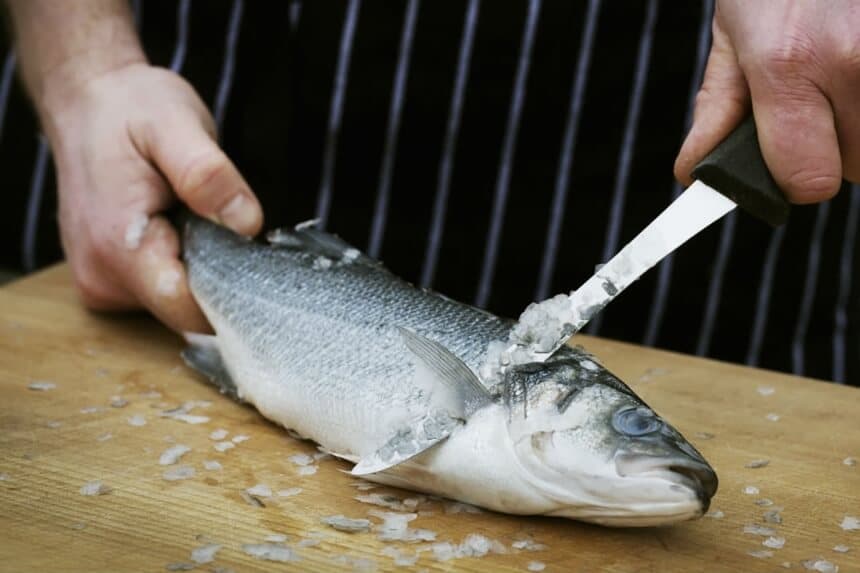
Another precursor to throwing your salmon in your electric smoker is to debone the fish. If you don’t own an electric one and want to know the best electric smokers available, you can find that information on the linked write-up.
Also, if you bought a whole fish, you’re going to have to fillet it before you get to this step. Once you fillet the fish, pick up a pair of tweezers and examine the meat pieces with your fingers. Be gentle and deliberate as you examine the entire length of the fillet. Any time you find pin bones, you pull them out using your tweezers. After all, this simplifies your dining experience once the fish is done cooking.
Notably, the distribution of these bones is pretty even on the body of the fish. As such, you should get a feel for where to expect some pin bones. Additionally, you’ll need to check a second or even a third time to confirm none is left.
Next, you cut the fillet into long strips. This gives the smoke easier access to the inside of the meat, ensuring more even cooking. Consequently, you’ll get even textures and flavors all through the meat once you finish the recipe. Remember to leave the skin intact even as you’re doing this.
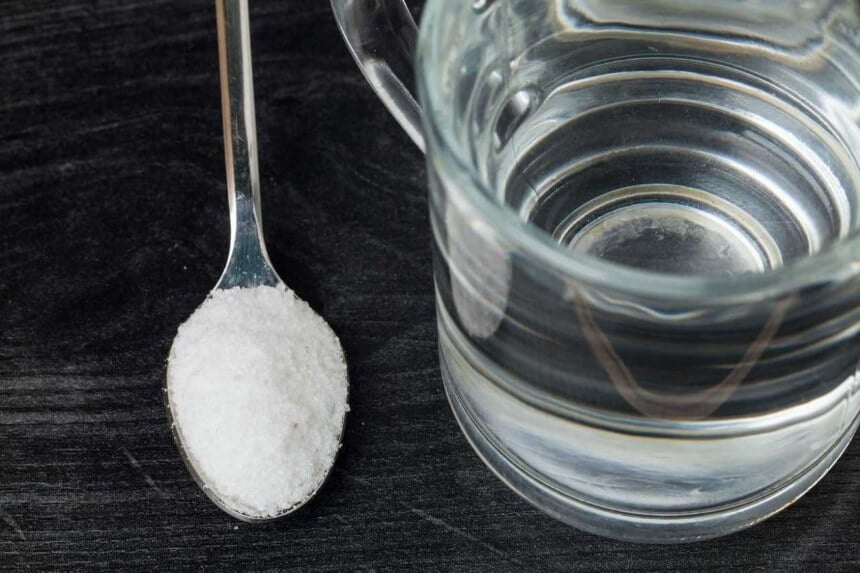
Brining will give the salt a chance to denature the proteins in the fish, allowing the fillet pieces to absorb and retain moisture. Freezing the meat for a week should also have resulted in some of the meat’s cells bursting, which is beneficial while brining.
Notably, brining is a preventive measure meant to keep the meat from drying out while you smoke it, which is why it’s necessary. After all, you will be smoking the meat at warm temperatures for quite a significant amount of time. Leave the brine as is overnight, come back in the morning and rinse the meat using cold water, then you move on to curing the fish.
Not many recipes will require both brining and curing. However, this cold smoked salmon recipe is unique that way. For this part of the process, you’ll need a mix of 80% Himalayan salt while the rest is molasses. Nevertheless, rock salt and brown sugar are suitable alternatives, although you should still maintain the same portions and percentages.
This will not only protect the meat from bacteria but should also keep it fresher for longer. Another extra benefit is its ability to redistribute the salt content more evenly and away from the center of the meat. Notably, the salt being in the middle is a side effect of the brining process. Also, you washed most of the salt from the exterior of the meat while rinsing it.
Get one of your larger baking dishes and spread 33% of the curing mix on the bottom. Follow up by distributing the fillet pieces in the dish. Leave 1½ cm of space between the fillet pieces and between the last fillet piece and the edge of the dish.
The rest of the curing mix goes on top of the fillet pieces. Be sure the fish is completely covered and that there are no gaps or spaces. This leads us to our next step.
Put your cure mix and fish fillet in your fridge and let it rest for at least 24 hours. Whether you leave it in there for longer is up to you.
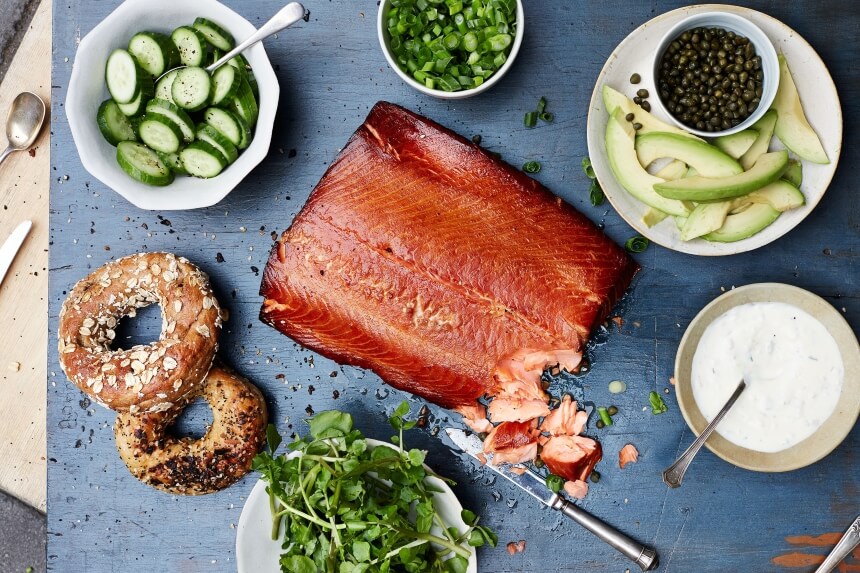
Additionally, the jury is out, and for many reviewers, one of the most reliable wood pellet smokers/grill is the Traeger Grills Tailgater 20, with its reasonably impressive temperature control. Notably, its plus/minus 15° F accuracy is excellent for most recipes. That said, for cold-smoked salmon, a higher level of temperature control is necessary, which is why electric smokers are the best for the job.
The correct cold smoke salmon temp is 80°F, and as such, you can start the smoker by preheating it. A smoker + grill combo machine may also work if it features precise temperature controls. That said, finding the best smoker + grill combos may be tricky for those who don’t know how to judge these devices. Nevertheless, you can find out the how from the link we’ve given.
Also, keeping the salmon in the fridge for slightly over the 24 hours stipulated above isn’t likely to affect the outcome negatively. As such, it’s totally okay to start preheating the smoker after the 24 hour wait period. Once the smoker is warm enough, take out your salmon pieces.
As you’re lifting your salmon pieces, the first thing you’ll notice is a thin clear coat on the fillet pieces. Leave this intact as just like the brine, it helps the meat retain more moisture.
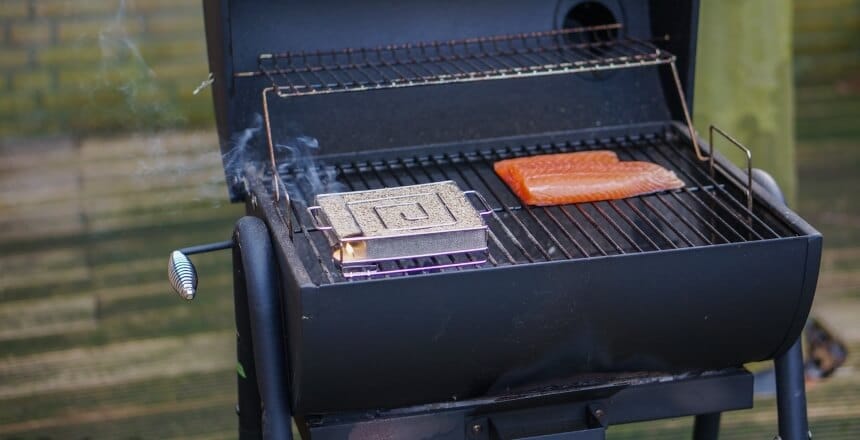
Now it’s a waiting game with a time limit of five hours. The cooking temperature should be maintained for the entire length of five hours. Slightly lower than 80°F may be fine but exceeding this temperature is a big mistake. You’ll have stopped cold smoking the meat and will now be cooking it, which ruins the entire recipe.
Once the smoke has done its job, set the fillet pieces on a new baking dish or large container. It’s pretty tempting to dig in, and in truth, there’s no rule against it. It’s perfectly safe to eat, and the flavor should be great. However, it’s not the best it could be.
To bring out the final bits of flavor, you further extend your waiting time by putting the meat in your fridge. Wait a few hours; then it’ll be ready to serve.
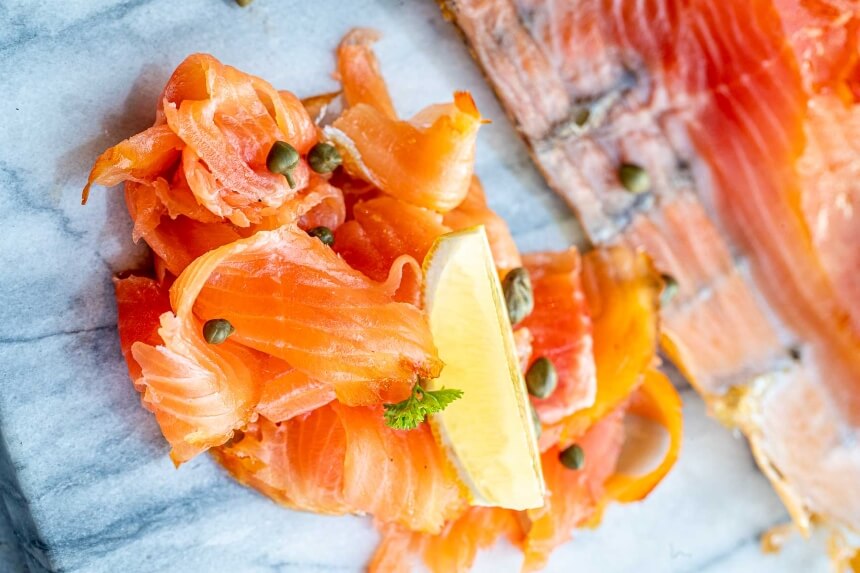
The best temp for cold smoking salmon, as we mentioned above, is 80°F with a bit of leeway on the lower side but no give whatsoever on the higher side. This is why we’re so insistent on smokers with precise temperature controls. You can easily ruin a week’s work by going above the limit.
Alder and oak wood are preferred for smoking. They’re both mild enough to allow you to taste the salmon after it’s ready. A different wood may work for most of your other bbq recipes, but salmon flavors are too mild to risk it. After all, you don’t want to end up feeling like you smoked beef or pork while the intention was to experience salmon.
Storing homemade cold smoked salmon is easy if you have a vacuum seal. If you don’t, you might need one for the job. Seal the pieces and throw them in the fridge. Nevertheless, don’t let them sit there for more than two weeks.
Or you can use it for various recipes right away:
You shouldn’t let them sit in your refrigerator for more than two weeks. However, according to data by the food safety news website Trusted Source How Safe is Home-Smoked Salmon? | Food Safety News For many salmon anglers, part of the joy of landing the fish is taking it home and smoking it to share with friends. But with recent news about Listeria www.foodsafetynews.com , if they’re in a deep freezer, you can extend this period to a month.
The question, “how to cold smoke salmon?” should no longer leave you stumped. You have the recipe, you can get the ingredients, and you can get the equipment if you don’t already own it. Ultimately, you only need to taste the complete product to decide if the more than a week-long wait was worth it. That said, for most people with prior experience, ourselves included, it’s turned to be worth every minute of the wait.
